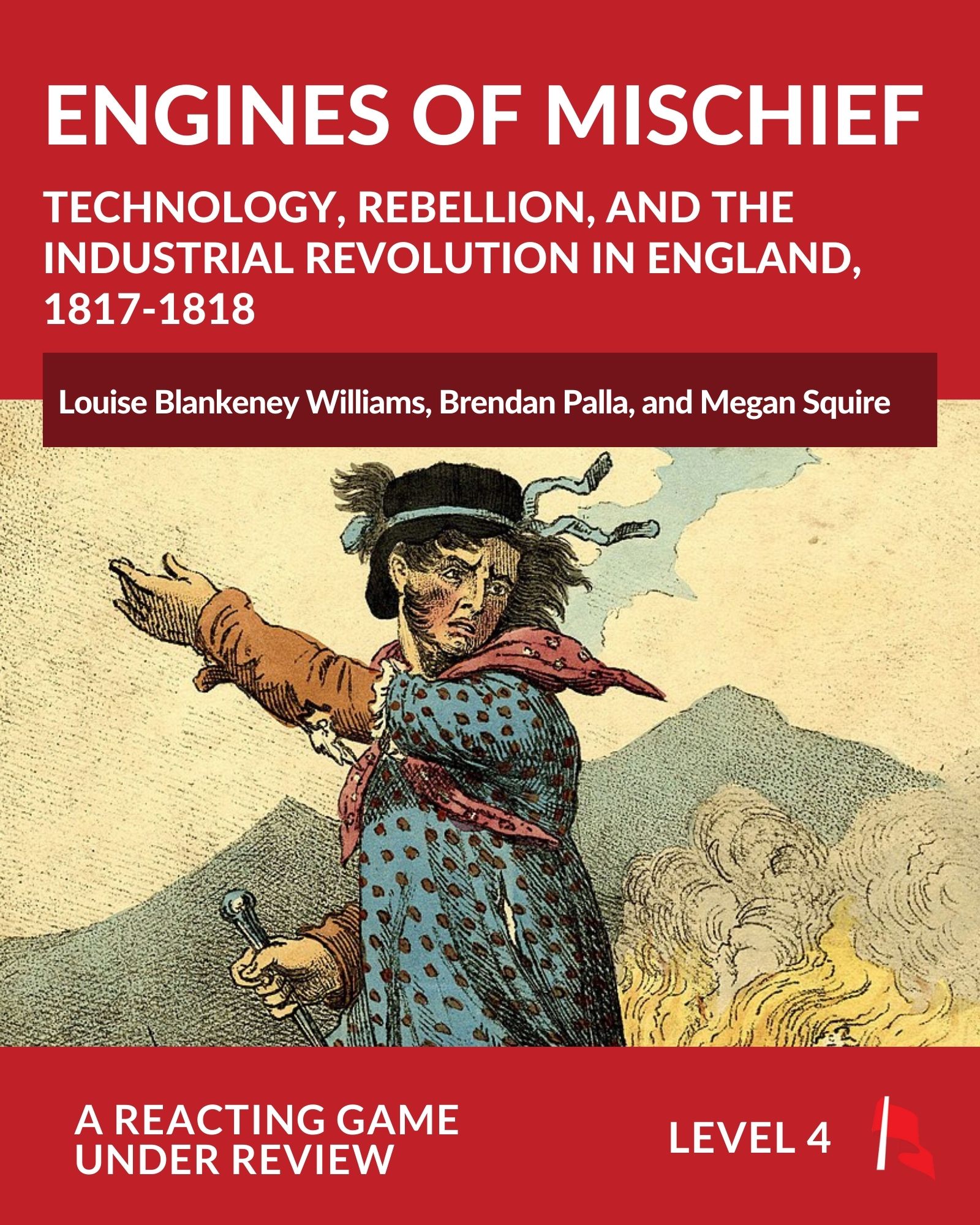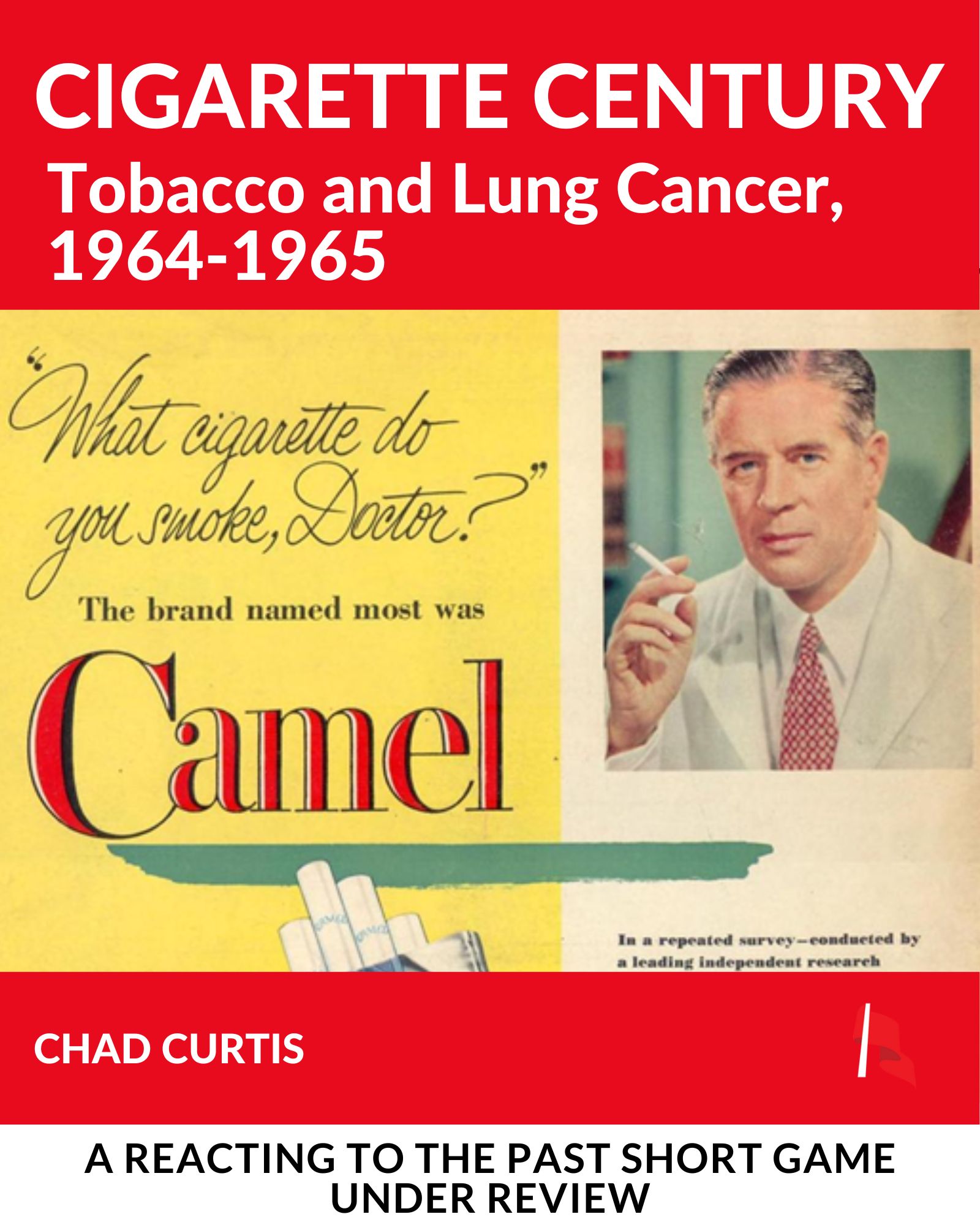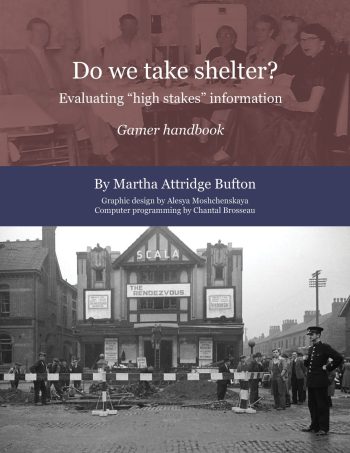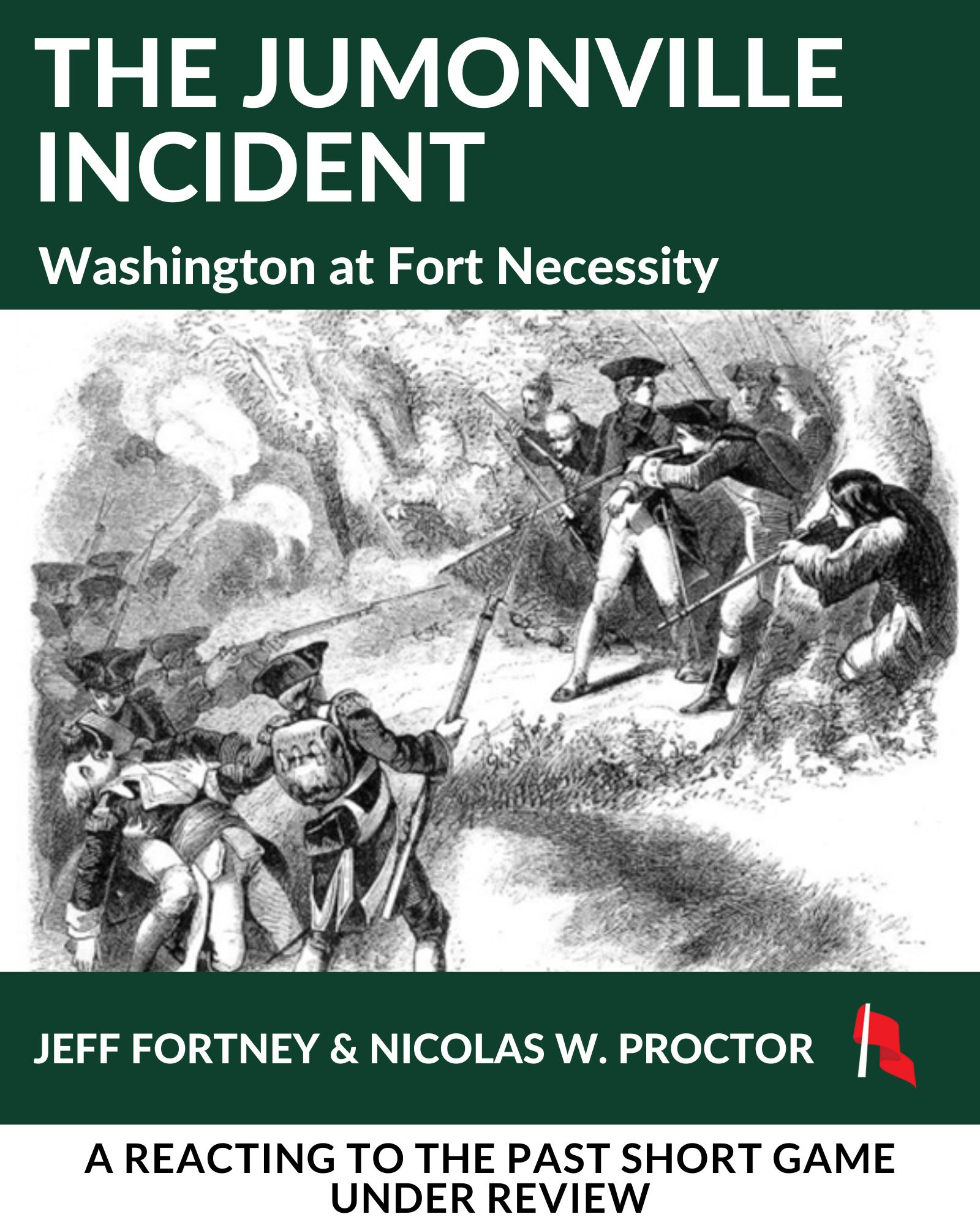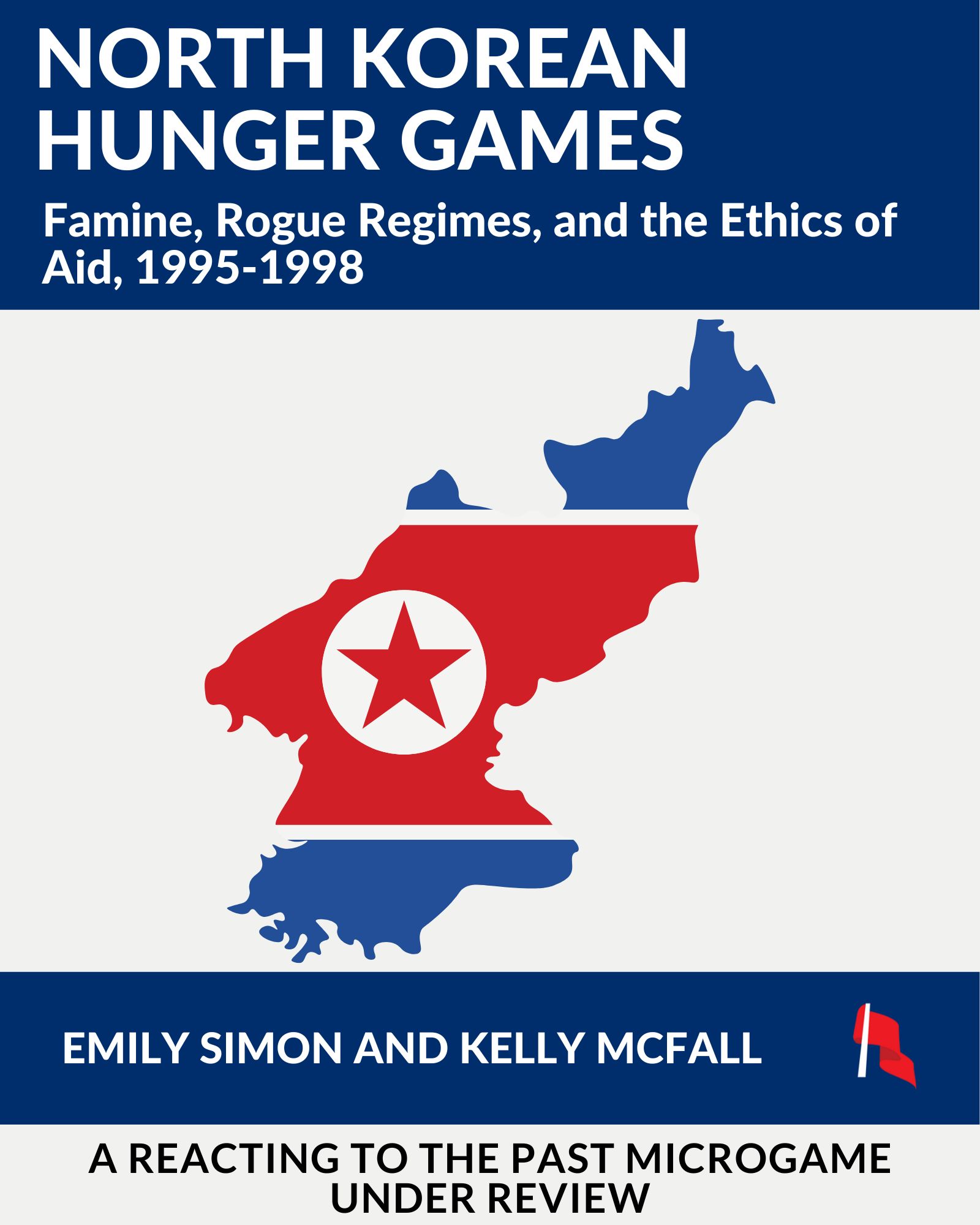
|
PROGRAM AND SCHEDULE EVENT OPTIONS
GAME WORKSHOPS Participants will be sent a Gamebook outlining the topics and debates of a specific historical moment, as well as a detailed a Role Sheet for their historical actor in those debates. Participants prepare and engage as that historical actor, making arguments and forging alliances to achieve specific Victory Objectives. You need not be a specialist to play (or to run) a Reacting game, but you should plan on doing some preparatory reading. WORKING GROUPS & INFORMATIONAL SESSIONS
If you have expertise in any of these areas (or others of interest to our community, like RTTP for Language Acquisition or Reacting in the Composition Classroom) and would like to help shape the goals and outcomes of these Working Group topics, please contact Jenn Worth at your earliest opportunity.
Short games offered on June 8-9 (choose one, or opt for the Newbie Workshop): |
4:00 - 10:00 PM | DORMS OPEN FOR CHECK-IN |
7:00 - 9:00 PM | OPENING MICROGAME (OPTIONAL) Making History (recommended for newcomers) |
Thursday, June 6
| Engines of Mischief *Formerly known as Rage Against the Machine* Players are faced with different choices about how to live and prosper at the dawn of the Industrial Revolution. Do you resist or embrace this new technology? Players must use new economic theories, parliamentary commissions, and news reports to debate the pros and cons of factories, the role of the government in the economy, taxation, workers’ unions, and the extension of political rights down the social order. |
| French Revolution Players will plunge into the intellectual and political currents that surged through revolutionary Paris in the summer of 1791. Members of the National Assembly gather to craft a constitution for a new France while wrestling with competing ideas of liberty and citizenship, domestic power struggles, and the threat of foreign invasion. |
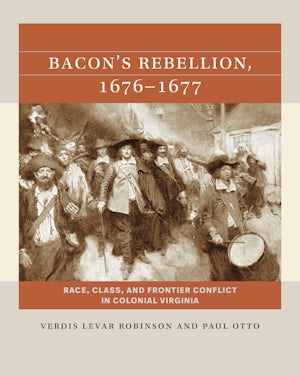 | Bacon's Rebellion, 1676-1677: Race, Class, and Frontier Conflict in Colonial Virginia There's a conflict within the colonial Virginia gentry: wealthy planters have been rewarded for loyalty to the established order, but are in disagreement over Virginia’s governance. While the elite increase their authority and landholdings, the lower classes of Anglo- and Afro-Virginians are becoming increasingly restless. Issues of class and race collide in unexpected, difficult, and dangerous ways. |
| Climate Change in Copenhagen Players will take on the roles of some of the more than 100 national leaders who attended the Conference of Parties (COP) 15 meeting, determined to address the clear and rising threats of climate change. Countries, blocs, and NGO representatives with competing interests must work to determine what standards will best balance the preservation of planet while allowing for economic development and international peace and security. |
10:30 - 11:00 AM | COFFEE BREAK |
11:00 AM - 12:15 PM | WORKING GROUPS - PART 1 These groups are a reworking of what we used to call "concurrent sessions," will be focused around a limited number of topics addressing particular challenges facing our students. The topics will be announced at a later date, but will likely include things like how to encourage deep engagement with primary sources, and handling difficult conversations around race and ethnicity in games for learning. |
12:30 - 2:00 PM | LUNCH & PRESENTATIONS |
2:15 - 3:30 PM | FIRST GAME WORKSHOP - SESSION B Debate and Discussion The game begins. During the game, you participate as your role, making arguments and forging alliances to achieve specific objectives. You will participate only in your specific game (either Athens, Augsburg, Detroit, Diet and Killer Diseases, or Greenwich Village). |
3:30 - 5:00 PM | CONCURRENT SESSIONS |
5:00 - 6:00 PM | RECEPTION You've survived your first marathon Institute day! Join us for a snack and a drink to celebrate. |
Friday, June 7
8:00 - 9:00 AM
| BREAKFAST |
9:00 - 10:30 AM | FIRST GAME WORKSHOP - SESSION C The Final Chapter You'll finish the main action your game during this period. Have you achieved your Victory Objectives? |
10:30 - 11:00 AM
| COFFEE BREAK |
11:00 AM - 12:30 PM | FIRST GAME WORKSHOP - SESSION D Debrief and Post-Mortem The final session includes time for de-roling (from the role you played), debriefing the game, discussion of 'what actually happened' in history and connections to larger themes or contemporary events. The Post-Mortem is a pedagogical debrief in which you discuss game mechanics and implementation. As always, the GM will leave time for questions. |
Saturday, June 8
8:00 - 9:00 AM | BREAKFAST |
9:00 - 10:30 AM
| SECOND GAME WORKSHOP - SESSION A/B |
SHORT GAMES & NEWBIE WORKSHOP (JUNE 8-9)
| Cigarette Century How do we know if X causes Y? "The Cigarette Century: Tobacco and Lung Cancer, 1964-1965" explores this question in the context of the congressional debates surrounding tobacco and lung cancer after the publication of the 1964 Surgeon General's Report. Players take on the role of senators, bureacrats, scientists, media representative, and tobacco executives as they seek to interpret the existing body of evidence to inform regulatory policy decisions. |
| Do We Take Shelter? By December 1940, the Western Allies were in the second year of the war with Germany, and the Luftwaffe began a series of air strikes on England. Individuals and families were regularly faced with life or death decisions: should one stay at home or go to a community shelter during a raid? These decisions were complicated by the information--or lack thereof--to which people had access. This game asks players to think critically about sources: which are authoritative, current, and unbiased, and which are not? When the sirens sound, what will you do? Learn more here: https://dwts.interdisciplinarylib.ca/ |
| The Jumonville Incident Constant struggles between the British and French empires fighting for territory along the frontier draw in colonists, indigenous populations, and various European powers. Now, a new flashpoint has developed: The Jumonville Incident. In this game, players will take on roles representing all the factions involved in this contested event to determine what actually happened, and what that might mean for the struggles that lie ahead. |
| North Korean Hunger Games Students will take on the question of humanitarian assistance in an environment fraught with complications. A wide range of government representatives and aid organizations have gathered to discuss the future of assistance to North Korea. While no one can deny North Korea’s need, players will debate whether the nation qualifies for international aid, who should provide it, and how best to meet the needs of the people without further empowering the dangerous regime under whom they suffer. |
10:30 - 11:00 AM
| COFFEE BREAK |
11:00 AM - 12:15 PM
| WORKING GROUPS - PART 2 |
12:30 - 2:00 PM
| LUNCH & PRESENTATIONS |
2:30 - 3:30 PM
| CONCURRENT SESSIONS |
3:30 - 5:00 PM
| WORKING GROUPS - PART 3 |
Sunday, June 9
8:00 - 9:00 AM
| BREAKFAST |
9:00 - 10:30 AM
| GAME 2 - SESSION C/D |
10:30 - 11:00 AM
| COFFEE BREAK |
11:00 AM - 12:00 PM
| CLOSING PLENARY |
REGISTRATION RATES
Includes all conference events and listed meals. Members need to sign into your account in order to register at the member rate. Become a member here.
| Until March 31 | April 1-April 30 | May 1 and after | |
| Grad Student/TA* | $555 | $605 | $655 |
| Consortium Member | $585 | $635 | $685 |
| Non-Member | $685 | $735 | $785 |
*These rates, while not in reach of all people, are below cost; higher rates for non-members subsidize participation for faculty-in-training.
THE DANA JOHNSON GORLIN FELLOWSHIP FUNDED REGISTRATION
The Dana Johnson Gorlin Fellowship covers registration, travel, and housing for one instructor to attend the conference. Read more about Dana, the fellowship, previous recipients, and how to apply. Applications and nominations are due April 1.
FUNDED REGISTRATION FOR DEI ADVANCEMENT
The Reacting Consortium is committed to diversity, equity, inclusion, justice, and belonging. We have funded registration for instructors who are members of historically underrepresented and marginalized identity groups, and/or for those teaching at minority-serving institutions (HBCUs, Tribal colleges and universities, AAPI and Hispanic-serving institutions). If you are interested in applying for one of these spots, please send an email to reacting@barnard.edu with the subject line “Funded AI Spot” by May 1. Approved applicants will be able to register for free. Please apply and share with colleagues.
LODGING
Although lodging is not included with conference registration, we do have a limited number of rooms in Sulzberger Tower, a residence hall on campus, for a rate of $100/ night for single rooms, or $65/night for double-occupancy. Reservations are available only for the nights of Wednesday, June 5 through Saturday, June 8, and all participants must be checked out by 2pm on the final day of the conference, Sunday, June 9.
TESTIMONIALS
Don't just take out word for it, here are some testimonials from previous conference attendees!
Verdis LeVar Robinson
"That's how I got hooked [on Reacting]. I attended one in 2014, had a very valuable and emotional experience, and now I'm published and on the board. I highly recommend it!"
Jennifer Jung-Kim
"When you play a game at a conference, you learn it from a Gamemaster who has written the game or is very experienced at it. That experience alone will make you feel ready to run the game yourself."
John Burney
"It's the best conference where the primary focus is on teaching and engaging students. You not only learn a game from an expert but from your fellow game players you will pick up all kinds of ideas about teaching writing, speaking, reflection, difficult issues, handling students with challenges, etc. that go beyond just teaching Reacting. And you are in New York City..."
Ray Kimball
"What do I love about the Annual Institute? Let me count the ways:
1. By far the best part of it is the ability to build stronger bonds in the Reacting community. Seeing how others play gives you a sense that other engagements can't match.
2. The chance to broaden your horizons on different games and game mechanics, as well as GMing techniques in general.
3. Other topics of interest covered in workshops between games, which are often things you "didn't know you don't know."
Mark Carnes
"Go! Because we need your ideas, even if you haven't yet thought them."
FAQ (FREQUENTLY ASKED QUESTIONS)
HOW DO I GET TO CAMPUS FROM THE AIRPORT?
New York City is served by three airports, as well as multiple train lines and bus routes. Please see Barnard's Getting to Campus page for complete information when planning your trip.
HOW DO I GET AROUND?
Barnard is a very small, ADA -compliant campus, so getting to and from conference event should be quick and easy. Morningside Heights, the surrouding neighborhood, is full of shops and eateries to explore (we'll provide you with some guidance upon your arrival). If you wish to explore Manhattan, the 1 train and a number of bus lines operate just outside the gates, and taxis and ride services are legion.
WHAT ABOUT COVID-19?
CAN I ONLY PARTICIPATE IN ONE GAME?
If you choose to play both Game Workshops, then you'll be able to play two games. If you instead choose to do the Newbie Workshop, you'll only play a game for the first two days.
ARE ALL GAMES APPROPRIATE FOR NEWCOMERS, OR NON-SPECIALISTS?
All of the games for the first two-day workshop are appropriate for newcomers to Reacting, as well as non-specialists in these topics. And in general, newcomers can participate in any of our games, but those marked with an asterisk are considered especially newbie-friendly.
WHAT CAN I EXPECT FROM THE GAME WORKSHOP?
First of all: fun! In terms of practical details: Participants will be sent a Gamebook (either digitally or a hardcopy in the mail) outlining the topics and debates of a historical moment, as well as a detailed a role sheet for a historical actor in those debates. Participants prepare and engage as that historical actor, making arguments and forging alliances to achieve specific Victory Objectives. You need not be a specialist to play (or run) a Reacting game, but you should plan on doing some preparatory reading.
I HAVE A CONFLICT FOR PART OF THE GAME WORKSHOP SESSIONS, CAN I STILL ATTEND?
Yes. While it's not ideal, you can absolutely still attend. Please make note of your conflict when you register so we can try to work around it when assigning roles, and so we can let your GM know.
OTHER QUESTIONS?
Email us at reacting@barnard.edu and we'll try to answer them.


